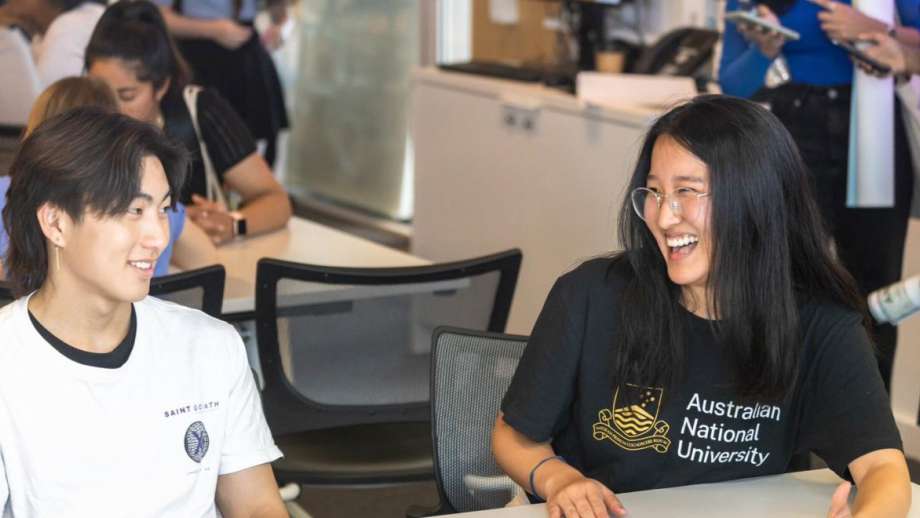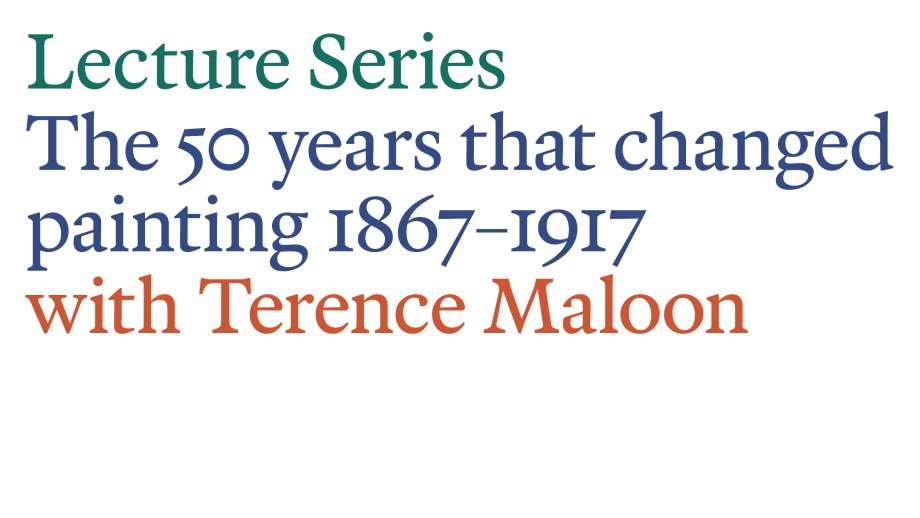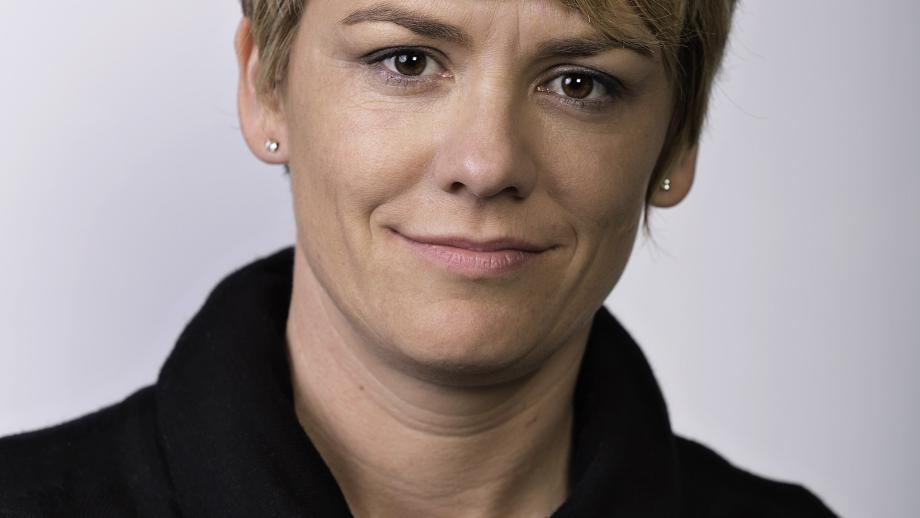International Human Rights Day ANU Indonesia Institute Forum - Young people in Indonesia
Presented by ANU College of Asia & the Pacific
Indonesia ranks 10th overall in youth wellbeing In the Global Youth Wellbeing Index, which is roughly in the middle of neighboring countries. Ranking second in citizen participation, what does this mean in terms of the fulfillment and enactment of rights such as economic opportunities, political and social engagement?
To mark International Human Rights Day, ANU Indonesia Institute is focusing on young Indonesians. In this forum, speakers will examine:
- Youth engagement on climate and environmental issues (Widi Laras Sari, Ryan Febrianto, PUSKAPA)
- Political perspectives of young Indonesians (Arya Fernandes, CSIS)
- Negotiating economic precarity and its relationship with religion (Inaya Rakhmani and Ariane Utomo, Universitas Indonesia and University of Melbourne).
CONVENER
Dr Angie Bexley, Associate Dean, Inclusion, Diversity, Equity and Inclusion, ANU College of Asia and the Pacific.
SPEAKERS
- Widi Laras Sari and Ryan Febrianto, Center on Child Protection and Wellbeing at Universitas Indonesia (PUSKAPA)
- Arya Fernandes, Centre for Strategic and International Studies (CSIS), Indonesia
- Dr Inaya Rakhmani, Universitas Indonesia, and Dr Ariane Utomo, University of Melbourne
Understanding youth engagement in climate and environmental issues in Indonesia
Widi Laras Sari and Ryan Febrianto
Young Indonesians are increasingly active in efforts to mitigate and respond to climate and environmental crises. Although youth engagement is essential to finding solutions to climate and environmental issues, youth engagement in Indonesia has been characterised by exclusionism, limited by tokenism and a non supportive environment. Understanding the landscape of youth civic engagement can provide insights on support required for youth groups and activists in building and sustaining their organised movements and to realise their reform agenda.
Through a systematic literature review, legal review, focus group discussions, and interviews with 58 young activists (32 female and 26 male participants) aged 16 to 30 and non-youth practitioners on youth issues based across the archipelago, this study maps the landscape of youth engagement in climate and environmental issues in Indonesia by examining characteristics (including gender, education, religious affiliation and socio-economic status) of youth who engage in climate activism, identifying climate and environmental topics that young Indonesians consider important, as well as the various forms of engagement of young Indonesians on these issues.
By mapping this landscape, the study has identified several supports needed as well as gaps that still need to be addressed regarding facilitation of youth engagement in Indonesia on climate and environmental issues and to identify a reform agenda into the future.
Indonesian millennial social and political preferences: Findings from CSIS survey
Arya Fernandes
Indonesia's upcoming 2024 presidential and legislative elections will include a generation of first time voters. Having experienced the last few years of a pandemic, issues of health, employment, climate and corruption seem to be top of mind for young voters.
To better understand the concerns, perceptions and priorities of young voters, in August 2022 CSIS conducted a public opening survey with a nationally representative survey to shed light on issues of national leadership, support for democracy, and social and political preferences. Using a multi-stage random method, the total sample was 1200 young people aged between 17-39 years and distributed proportionally by gender.
The findings show the extent to which the pandemic has shaped the importance that young people place on national leadership and public policy. One of the most striking findings from the survey is the shift of a young cohort of voters away from preferring personalised leadership qualities towards technocratic leadership. Politicians and government leaders should heed these shifts of perception and priorities among young voters as many of them vote for the first time in next year's elections.
Indonesia's precarious millennials: Surviving the pandemic with Islamic morality in Urban Jakarta
Dr Inaya Rakhmani, and Dr Ariane Utomo
The precarious nature of work faced by millennials is widely acknowledged academically. There is increasing importance in explaining how work conditions have shifted with neoliberal transformations and, more recently, the COVID-19 global pandemic. While 'Northern' literature has linked this to the impact on workers' subjective well-being, much less is being done to understand how religion is integrated into people's responses to multiple labour market challenges in the 'Global South'.
This paper takes the case of Muslim-majority Indonesia's capital city of Jakarta and, using sequential mixed methods, draws a picture of the social realities of millennials living in a city that has undergone rapid urban transformations. While such massive changes have normalised precarious work, the Job Creation Law-issued at the height of the pandemic-made precarity legal.
We found that Islamic morality-a sense of right and wrong grounded on Islamic teachings-is useful for precarious millennials to soothe feelings of vulnerability due to the gradual disappearance of financially rewarding and upward mobility enabling formal sector jobs. We argue that while useful in everyday settings, this religious interpretation has further individualised and normalised a sense of insecurity as part of the broader, systematic effects of neoliberal capitalism.
Please note below for the event time:
Thursday 8 December 2022
- 2pm AEDT - Canberra, Melbourne, Sydney
- 10am WIB - Western Indonesian Time
- 11am WITA - Central Indonesian Time
Location
Speakers
- Widi Laras Sari and Ryan Febrianto, Center on Child Protection and Wellbeing at Universitas Indonesia (PUSKAPA)
- Arya Fernandes, Centre for Strategic and International Studies (CSIS), Indonesia
- Dr Inaya Rakhmani, Universitas Indonesia, and Dr Ariane Utomo, University of Melbourne
- Convener: Dr Angie Bexley, Associate Dean, Inclusion, Diversity, Equity and Inclusion, ANU College of Asia and the Pacific.
Contact
- ANU Indonesia Institute



